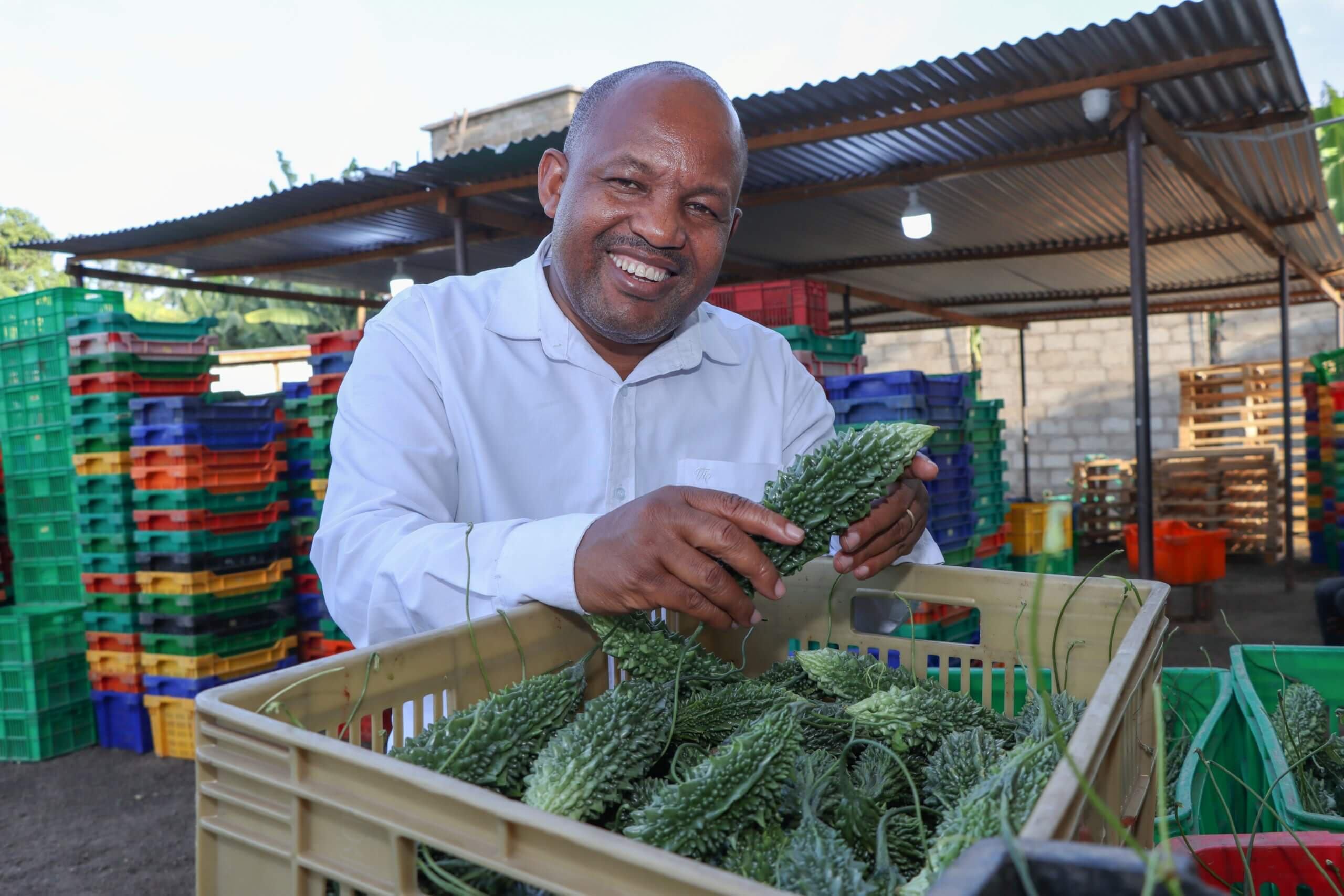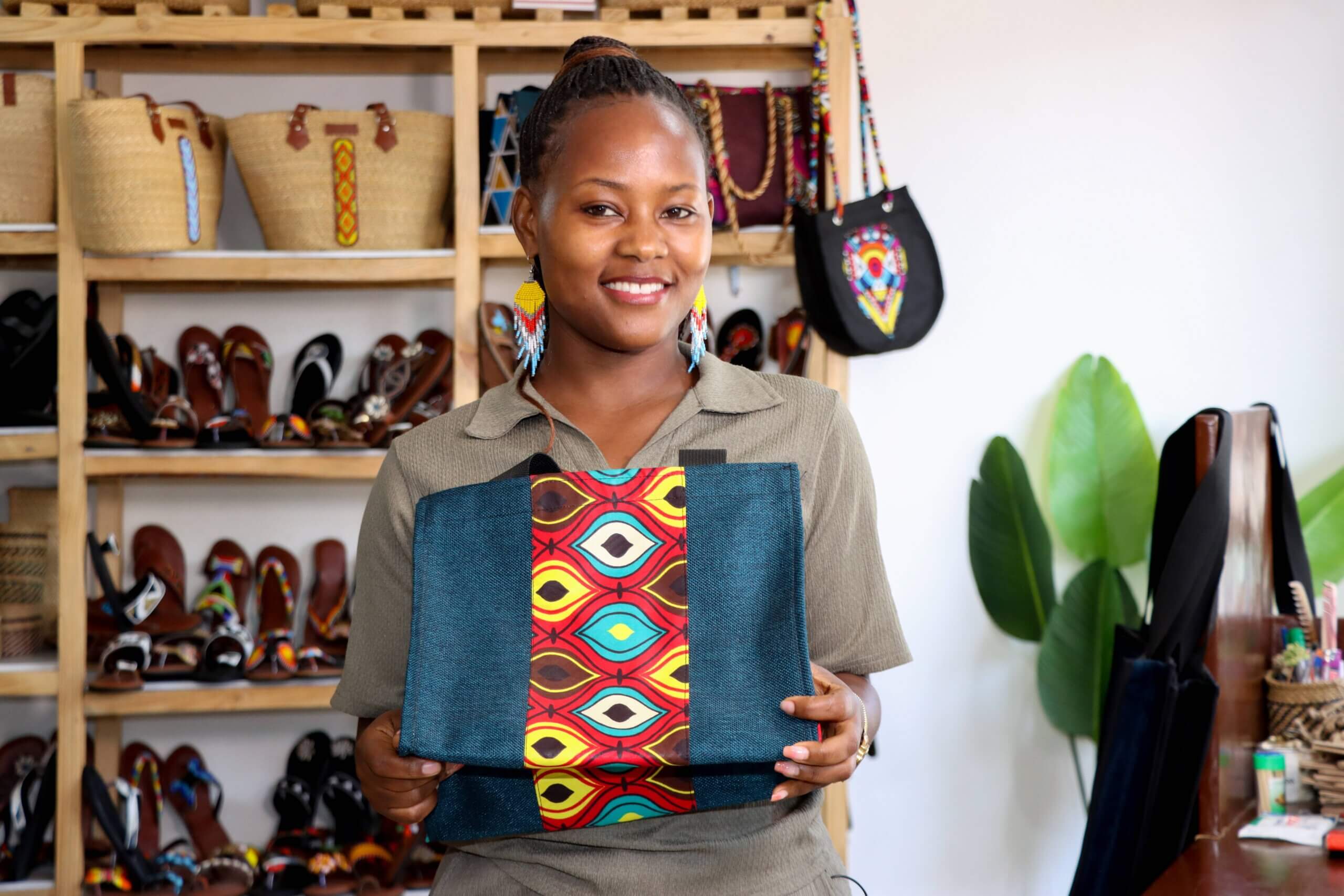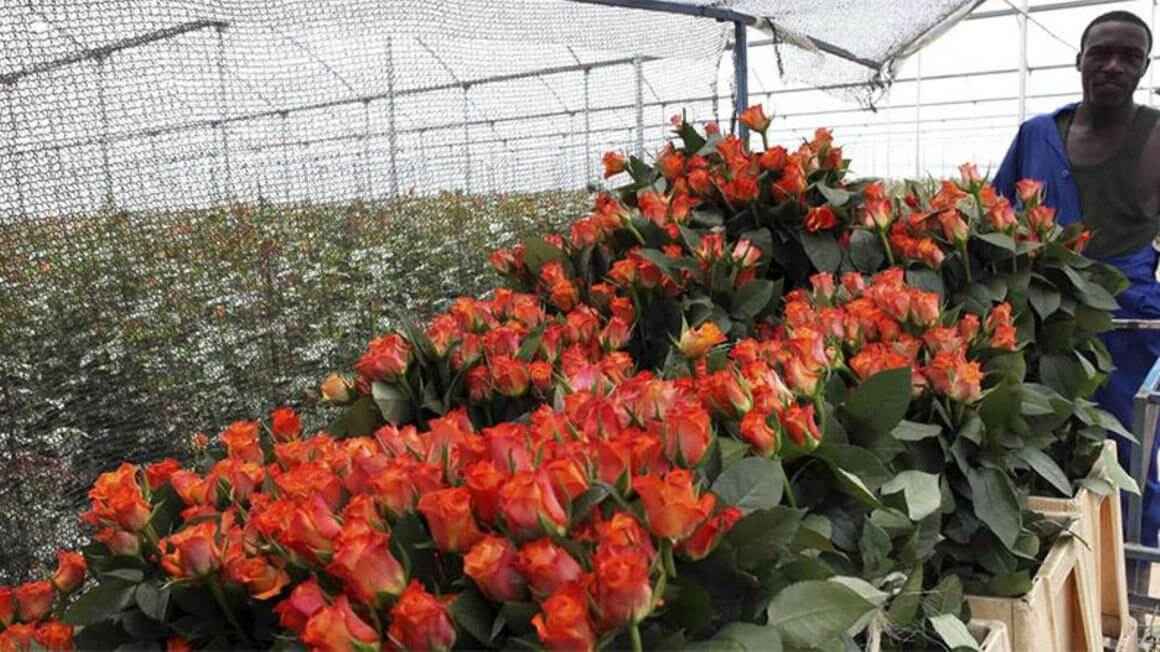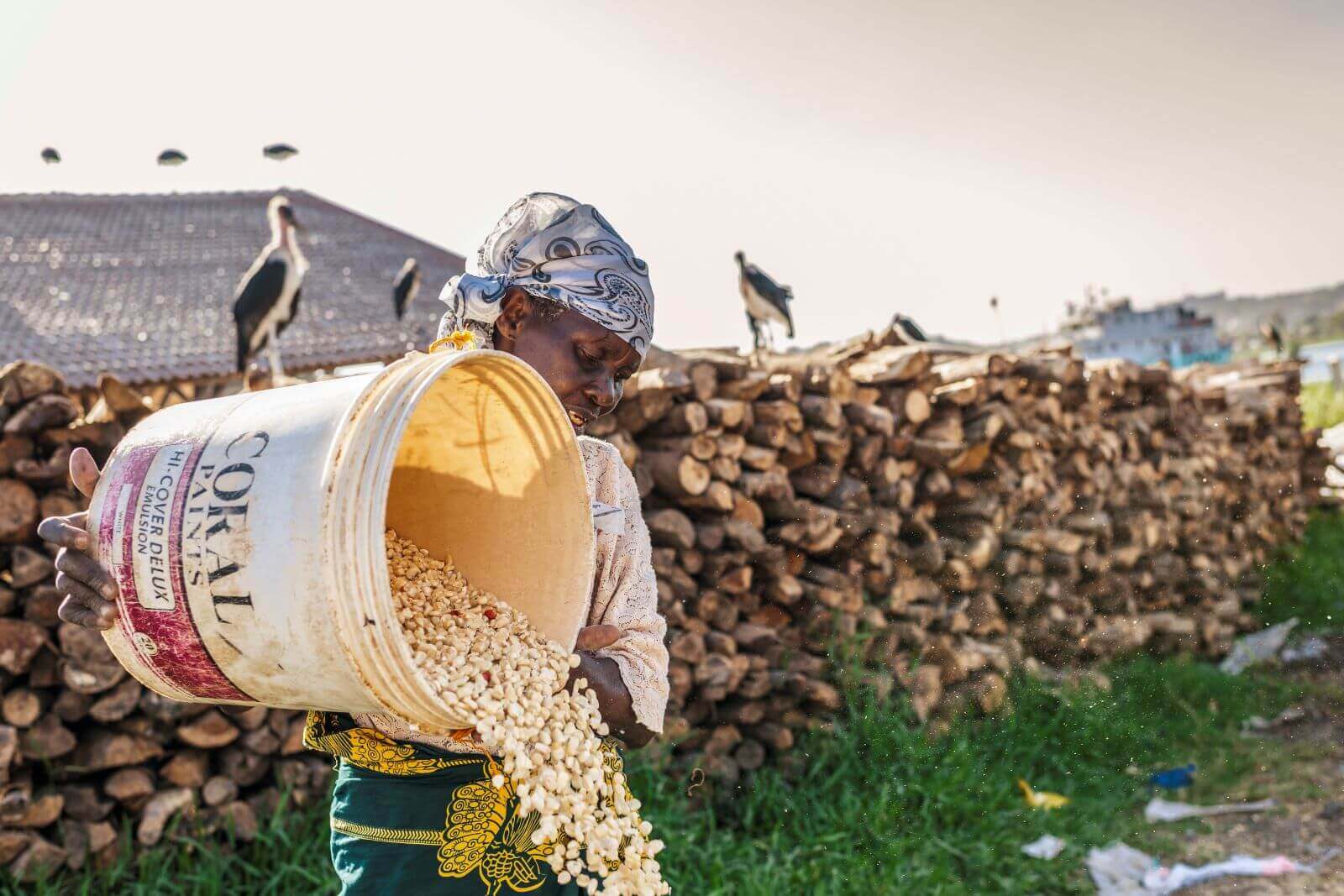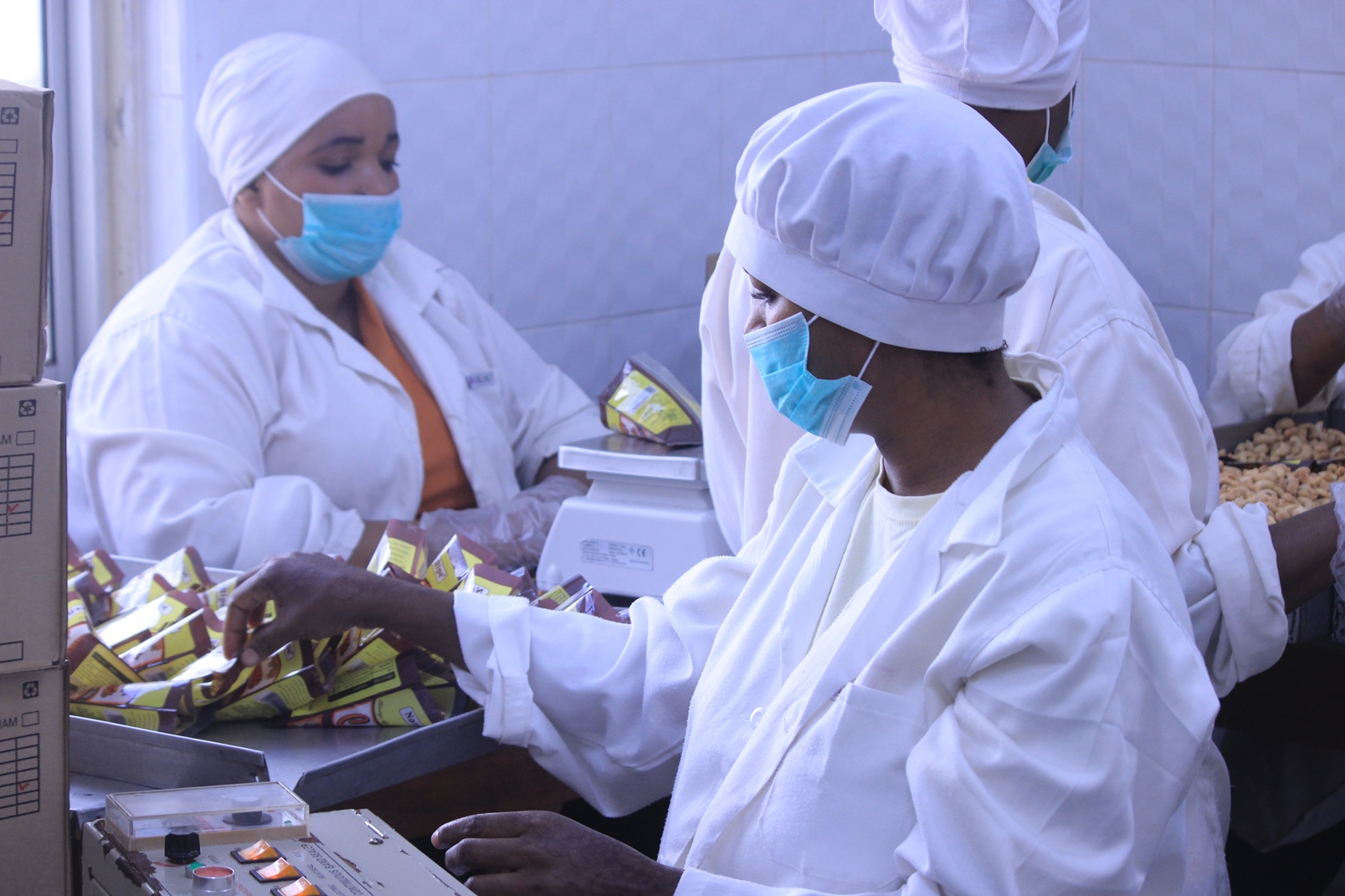Clement Manyatta holding a harvested bitter melon at the firm's premises in Arusha, Tanzania, in 2025. Beneath the scorching sun, Pastor Clement Manyata, the CEO of Fresh Field, walks through rows of lush green fields, watching as workers carefully harvest fresh vegetables. Nearby, crates are stacked in neat aisles, ready for export. Such a sight once felt like an impossible dream. Today, Fresh Field Manyatta exports vegetables, including bitter gourd (bitter melon), various types of chilli peppers such as cherry chilli, different varieties of beans, long beans, okra, and cherry tomatoes. The company exports mainly to Europe, including the United Kingdom, Italy, France, Germany, Norway, and Switzerland. Their goal is to expand their reach and supply to virtually all countries across Europe. Pastor Clement’s journey from a small-scale farmer to a top exporter was not easy. He founded Fresh Field Manyatta as a small-scale farming operation in Arusha, in northern Tanzania, before venturing into the international market. Exporting required meeting international standards, but Pastor Clement initially lacked the knowledge of certifications such as the Global GAP. He recalls a time when a potential buyer asked about if he had the certification. He confidently responded in the affirmative only to realise later that he had no idea how to obtain it. Without the proper certification, breaking into the European market is out of reach. Logistics posed another major challenge. With no direct cargo flights from Northern Tanzania to Europe, Fresh Field Manyatta relied on passenger flights to transport its produce. This...
Faith and farming drive a Tanzanian export success story
Posted on: June 17, 2025
Posted on: June 17, 2025

